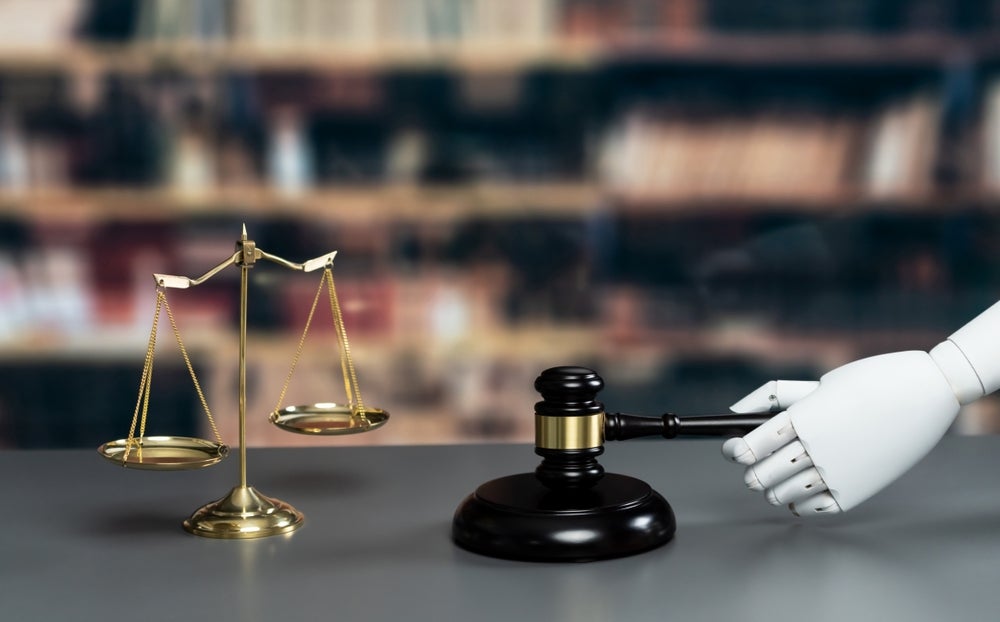
Now that we’re used to having the likes of Amazon’s Alexa and Apple’s Siri as part of our daily lives, we can forget about the impact that artificial intelligence (AI) is really having on the world.
Here are some of the ways the technology is being used and how it will benefit humans, in one way or another.
Making video streaming better
This may not sound like the most revolutionary way to use AI technology but don’t write it off straight away. MIT’s Computer Science and AI Lab (CSAIL) has developed Pensive, an AI that uses machine learning algorithms to stop videos buffering when you want to watch them online.
In experiments, Pensive can stream video with 10 to 30 percent less rebuffering than other approaches and it was rated 10 to 25 percent higher on “quality of experience” metrics.
Want to learn more? Here’s MIT CSAIL’s explanation of the system and how it works.
How well do you really know your competitors?
Access the most comprehensive Company Profiles on the market, powered by GlobalData. Save hours of research. Gain competitive edge.

Thank you!
Your download email will arrive shortly
Not ready to buy yet? Download a free sample
We are confident about the unique quality of our Company Profiles. However, we want you to make the most beneficial decision for your business, so we offer a free sample that you can download by submitting the below form
By GlobalData
Ending bioterrorism – by detecting anthrax
Remember that anthrax spores attack in 2001 when 22 people were sent the bacteria in the mail and five of them died?
Well, scientists in South Korea have trained AI to spot the bioterrorism tool. The team at the Korea Advanced Institute of Science and Technology created an algorithm that can analyse images of bacterial spores to identify whether they’re anthrax in less than a second.
The tool is accurate 96 percent, some not all the time, but it’s much faster than current testing methods and could revolutionise how we test for the bacteria.
Fight terrorism
Tech companies like Google and Facebook are using the power of AI and machine learning to prevent the spread of extremist content online.
The companies are training neural networks to spot and take down terrorist videos and photos faster online; meaning fewer people see the content and fewer people are exposed to the terrorist propaganda that the likes of the so-called Islamic State want to spread.
Tackle poverty and global inequality
UNICEF, the United Nation’s children’s charity is investing in work to test whether deep learning can diagnose malnutrition from photographs and videos of children.
The UN has said it wants to take advantage of the benefits that AI can bring. It’s specialised agency for information and communication technologies, ITU, hosted the first AI for Global Good Summit earlier this year, which brought together UN agencies, AI experts, and tech industry heavyweights to discuss the technology.
Brewing beer
Craft beer is on the rise and a new company IntelligentX is using AI to make its products even better.
The brewer uses a Facebook Messenger bot to ask customers for feedback on its recipes. Then, the use of the AI means the brewer receives and tests customer feedback faster than ever before, allowing it to inform the brewer process.

Opening up the internet using language translation
Over the next five years, nine out of 10 new internet users will be speaking Indian languages, according to a report by Google and consultancy KPMG.
In order to attract these 1bn new users, Google Translate is using AI to translate online content from English into nine widely used Indian languages – Hindi, Bengali, Marathi, Tamil, Telugu, Gujurati, Punjabi, Malayalam, and Kannada.
Google’s India and Southeast Asia vice president, Rajan Anandan, said:
“We’re taking a huge step forward to bring down the barriers that stop Indian language users from getting more out of the internet and also help the industry to solve the needs of billions of Indians.”
Making hotels better
The international hotel chain Marriott is testing AI digital voice assistants, like Alexa, Siri and the Google Assistant in the Aloft hotel in Boston.
The digital assistants will allow guests to do things such as control the lights or room temperature, manage the alarm clocks, or call an Uber, from iPads and iPhones in their rooms.
It has also installed 10 Amazon Echo devices, home to Alexa, in rooms in the JW Marriott in San Antonio and has plans to install them in more rooms in the future.
Will it make it easier to order room service though?

Helping those with hearing loss
AI startup Google DeepMind collaborated with a team at Oxford University to develop a new AI software named Watch Attend and Spell (WAS) that can lip-read better than humans.
The software was created to help those with hearing loss.
Chris Bowden, head of technology development at the National Deaf Children’s Society told Verdict:
“Developments like this could make a real difference to the lives of the 45,000 deaf children in the UK in many ways.”
You can read about the other impacts AI is having in the healthcare space here, from cancer diagnoses to drug developments.
Defending the world from cyber attacks
AI and machine learning are just two of the tools being used to fight cyber breaches. It can speed up the process of noticing attacks, which is beneficial in preventing a full-scale breach being unleashed.
Ankur Modi, chief executive at AI security startup StatusToday, told Verdict:
“In the realm of security, AI fills many gaps in cyber defences driven by human dependent manual process. Most importantly, it brings the smart automation able to effortlessly run through vast data sets, round the clock, 365 days a year – a big step forward compared manual threat detection.”
But it’s not always perfect
A security robot fell into a fountain and sort of drowned earlier this year.
It’s a fun day here at @gmmb. The super high-tech security robot at our office complex has had a mishap. pic.twitter.com/nhRshrJA9w
— Greg Pinelo (@gregpinelo) 17 July 2017
Named Steve, the robot is five feet tall, can travel up to three miles per hour and weighed 300 pounds. He is complete with facial recognition system, thermal imaging and ultrasound sensors to assist him in his duties.





